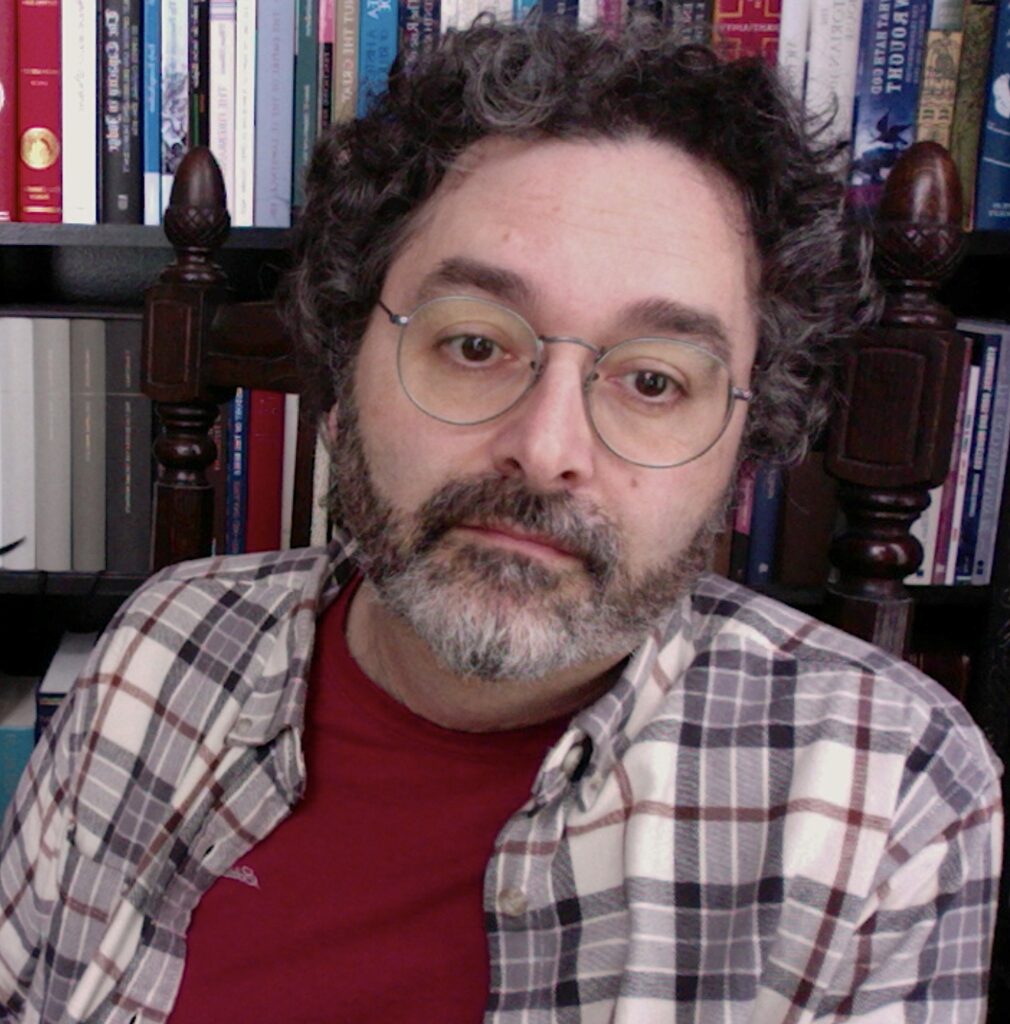Reading for Teaching: A Year with Joshua Elyer’s How Human Learn: The Science and Stories Behind Effective College Teaching
By Scott McLaren and Lisa Endersby
Have you ever experienced a singular moment in the classroom that suddenly opened a new perspective on your teaching practice? Or one that revealed to you, in a new way, how the student in front of you is learning? Teaching is hard. Engaging students is difficult. And sudden epiphanies about pedagogy are vanishingly rare. That's why Reading for Teaching exists. We have found that taking a moment to pause once a month and reflect intentionally on what goes on in our classrooms, and to do that in a supportive community of participants from across the university, can be a startlingly liberating experience.
This year, our group drew participants from a wide range of disciplines – philosophy, psychology, business, social sciences, humanities, and other fields -- and opened a wealth of new and surprising perspectives on classroom practice. The catalyst for our conversations was Joshua Eyler's book, How Humans Learn. The book offers an intriguing exploration of the science behind learning. Drawing from research in fields like developmental psychology, anthropology, and cognitive neuroscience, Eyler identifies five central themes: curiosity, sociality, emotion, authenticity, and failure. Through these lenses, the book delves into everything from the evolutionary roots of learning to the importance of genuine in-the-trenches disciplinary work for and with undergraduates in the classroom. And Eyler knows what he is talking about. An accomplished educator and author, he is currently serving as the Director of the Center for Excellence in Teaching & Learning and Director of the ThinkForward Quality Enhancement Plan at the University of Mississippi. Before joining the University of Mississippi, Eyler held positions related to teaching and learning initiatives at Columbus State University, George Mason University, and Rice University. His research interests encompass the biological basis of learning, evidence-based pedagogy, and disability studies.
We were especially delighted to have the author join us during the fall term to share his insights and directly engage in our discussions about the findings, anecdotes, advice, and strategies he recommends in the book. With and without Eyler present, our conversations were both nourishing and deeply thought-provoking. Everyone had an opportunity to bring their own lived experiences in the classroom to the table for discussion. The chapters on curiosity and emotion were particularly rich veins for discussion, as we exchanged experiences on fostering student engagement, utilizing inquiry-based learning, and promoting emotionally supportive environments that encourage students to take risks and share their perspectives openly. The chapter on failure was also a kind of watershed for our discussions, sparking further reflection on the importance of cultivating resilience in both ourselves and our students. We also took this opportunity to explore strategies for providing constructive feedback, encouraging self-assessment, and modeling vulnerability and adaptability in the classroom.
What struck us in this new way of engaging with reading for and about teaching was the new heights our conversations could reach. Having more time to explore the same content meant more time for reflection, discussion, and debate. It also offered opportunities for connection, mentorship, and perhaps even some commiseration that made this year’s Reading for Teaching conversations a small yet mighty example of the power of talking about teaching. To know we are not alone, to share common challenges, and to be reminded of the many ‘whys’ that have led us to this field was as inspiring as considering the diverse ways we may support the whole student – the student (and fellow instructors) who learn, fail, try again, and bring their whole, important selves to each and every class.
After a summer break, we will reconvene next year to continue our conversations around a new book. Our group is committed to creating an inclusive and welcoming environment for everyone. We are keen to welcome new members from all walks of university life who share our passion for student learning. If you're interested in joining us on our journey next year, we would be delighted to have you! Stay tuned for updates about our next book selection and meeting dates. To express your interest or learn more about our club, feel free to email Lisa Endersby (Education Developer, Teaching Commons) at lendersb@yorku.ca, or Scott McLaren (Teaching and Learning Librarian) at scottm@yorku.ca. You can also view a list of our past readings on the Teaching Commons website: https://www.yorku.ca/teachingcommons/sotl/
About the Authors
Scott McLaren holds a PhD in cultural history and is a member of the Teaching and Learning Division at York University Libraries. He is also a faculty member in the graduate programs in Humanities and History. Scott has been helping to facilitate the Reading for Teaching group with Lisa Endersby for the last two years. He is the author of Pulpit, Press, and Politics: Methodists and the Market for Books in Upper Canada (UTP, 2019).
Lisa Endersby serves as an Educational Developer in the Teaching Commons as the liaison developer for the Faculty of Health, the Schulich School of Business, and the Libraries. Her portfolio includes supporting all facets of experiential education pedagogy alongside facilitating opportunities for reflective professional development through observation, reading, and peer mentorship. Her PhD in Educational Studies explored professional development within communities of practice, examining the impact of social learning on the negotiation of a professional identity for student affairs and higher educational professionals. Her professional and academic background also includes experience in career services, student leadership development, and supporting the first year student transition.


